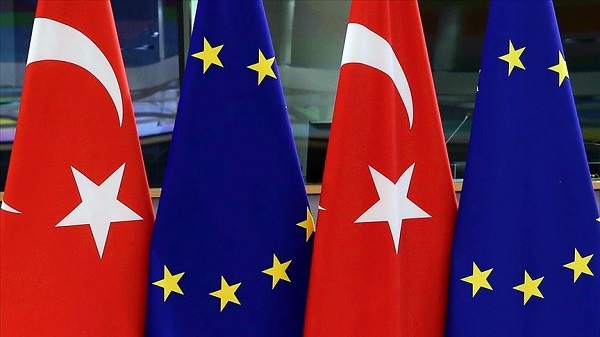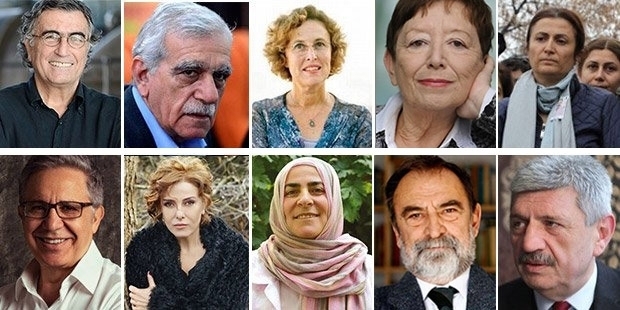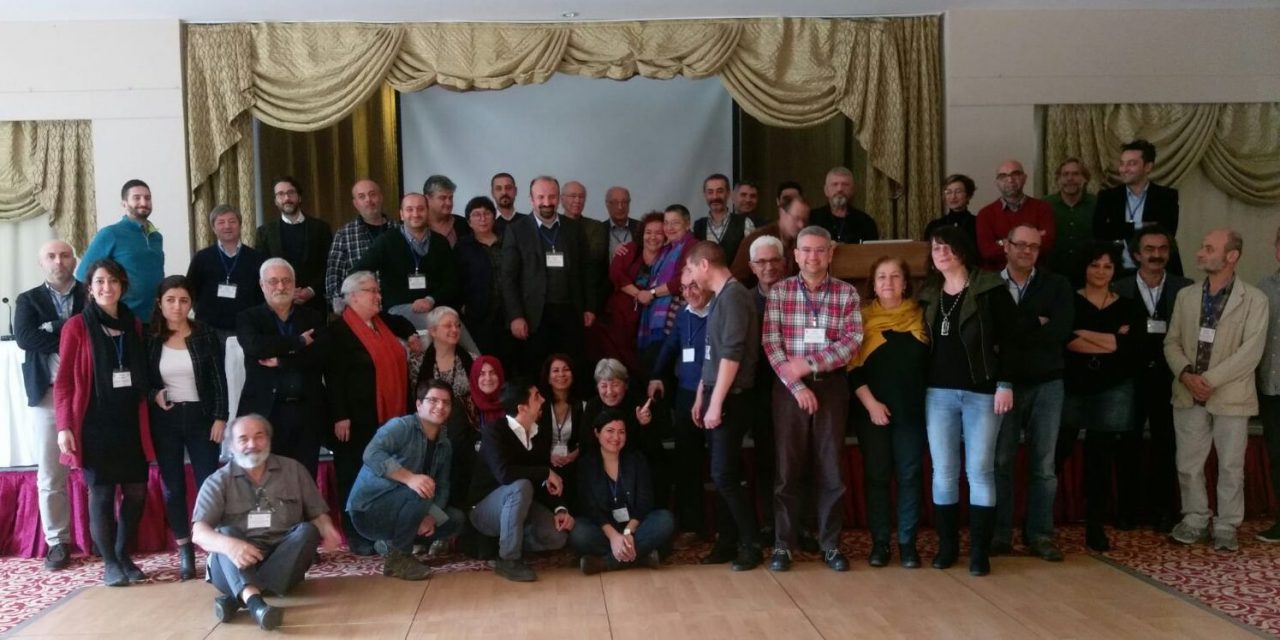‘The Decline of Democracy and Human Rights Continues’

Similar to previous reports, in the European Union (EU) 2021 Turkey Progress Report, it is determined that 'the regression in the fields of democracy and human rights continues'. In the report, which states that ‘civil society has been subjected to constant pressure and the civil space continues to shrink’, it is also noted that dialogue and cooperation between the EU and Turkey have increased, and progress has been made in 20 chapters.
On 19 October 2021, the EU Commission announced the Western Balkans and Turkey’s 2021 Enlargement Strategy Document and the Country Report on Turkey. In the statement made by the EU Commission, one of the positive findings in the report is that the dialogue and cooperation between Turkey and the EU increased in 2021 and that Turkey made progress at certain levels in 20 chapters in the EU membership negotiations. It is also stated that the EU aims to continue working with Turkey in a ‘progressive, proportionate and reversible’ manner.
However, the emphasis in the 2021 Progress Report stands out as ‘Turkey has not taken the expected steps in the areas of human rights, democratic institutions, rule of law and foreign policy’.
The highlights of the report under various headings are:
- There are serious problems in the functioning of democratic institutions in Turkey: the decline in democracy and structural deficiencies in the Presidential system continue. Turkey did not follow the recommendations made by the Council of Europe. Parliament continued to lack the necessary tools to oversee the government.
- Civil society faced constant pressure. The field of activity of civil society continued to narrow with the restriction of freedom of expression and association. The law on the non-proliferation of weapons of mass destruction raises concerns about the possibility of restrictions on the activities of human rights defenders and civil society.
- The excessive use of Presidential decrees and enactments in the presidential system weakened the functions of the Assembly. The lack of balance and control mechanisms necessary to prevent excessive concentration of power in a single office and to ensure the independence of the judiciary continued. The presidential system negatively affected the activities of the government and public administration, led to the politicization of the public administration.
- The decline in the field of basic human rights continued. Most of the regulations introduced during the state of emergency remained in practice. Turkey’s non-implementation of the ECHR judgments on Demirtaş and Kavala has increased concerns about the adherence of the judiciary to international principles in Turkey. Restrictions on critics, such as writers, journalists, academics, and human rights defenders, resulted in the curtailment of freedoms and self-censorship.
- Freedom of expression and assembly continued to decline. Turkey’s withdrawal from the Istanbul Convention, sexual violence, discrimination, and hate speech against minorities and LGBTI+s continues to be a source of serious concern.
- It is estimated that nearly 60 journalists are in prison in Turkey. Threats and physical attacks continued on journalists for doing their jobs.
- Progress has been made in Turkey’s immigration and asylum policy. The positive reflections of the 2016 Turkey-EU agreement were seen. As the largest refugee-hosting country in the world, Turkey continued to make great efforts to meet the needs of more than 3 million people.
‘Turkey Maintains Its Strategic Preference for EU Membership’
Following the publication of the Progress Report, the Ministry of Foreign Affairs made a written statement. In the statement, it was stated with the criticisms in the report that ‘the EU ignored its responsibilities towards Turkey and again exhibited a double-standard approach’.
Accordingly, Turkey does not accept ‘baseless allegations and unfair criticisms’ in the report, especially in the political criteria and the Judiciary and Fundamental Rights chapter. It is reminded that the EU has not removed the political obstacles to chapter 23, Judiciary and Fundamental Rights and chapter 24, Justice, Freedom and Security.
It is stated in the report that although Turkey called for the 18th of March Agreement with the EU on refugees to be updated in all its dimensions, it was not stated in the Progress Report that the EU was indifferent to this, and the report criticizes the agreement’s approach, which only includes the migration dimension and praises Turkey’s actions but does not address the EU’s obligations.
Turkey also reminds the report that the overall level of harmonization with the EU in 20 chapters is good and underlines its determination to continue harmonization with the EU acquis despite political obstacles.
In conclusion, ‘Turkey maintains its strategic preference towards EU membership in the strongest way possible.’ In the statement of the Ministry of Foreign Affairs called, it is said that the EU should ‘see Turkey as a negotiating candidate country and fulfill its requirements in line with the principle of pact fidelity’.
You can reach the Turkey 2021 Progress Report here.






Bizi Takip Edin